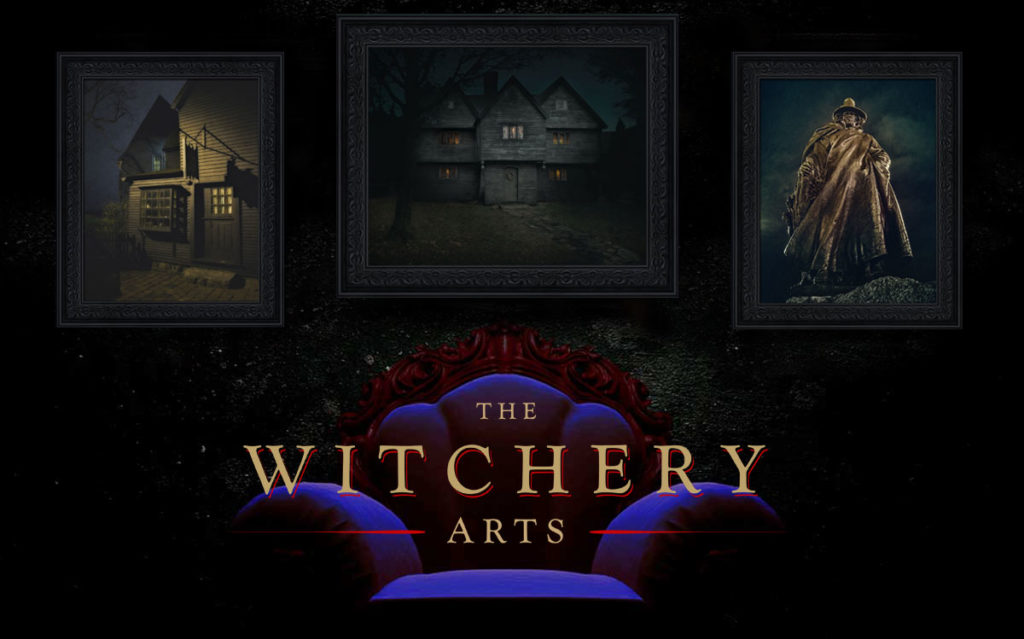Poe’s The Conqueror Worm can be found in his tale Ligeia, a story of death, resurrection, opium abuse, more death and madness. The poem depicts a performance of mimes, controlled by vast, shapeless forms offstage. High above angels watch and weep, and at last an evil, formless shape crawls center stage and eats the hapless […]
Edgar Allan Poe’s To One In Paradise: For, alas! alas! with me The light of Life is o’er!
Poe’s To One In Paradise tells of the sorrow felt when you lose the connection to the one you love, essentially being shut out of paradise. Poe creates an almost Biblical tone, comparisons to the Garden of Eden and man’s fall from God’s grace are inevitable. Has his love left this life to go to […]
Edgar Allan Poe’s A Dream Within a Dream: You are not wrong, who deem, That my days have been a dream
Analyzing Poe’s A Dream Within A Dream is an exercise in futility. Poe’s intentions can’t be known, but it doesn’t stop people from trying. Read straightforward you get a sense that Poe is on the verge of loss, he’s kissing his loved one goodbye, and if there’s a sense that he’s accepted it, it’s because […]
Edgar Allan Poe’s Annabel Lee: But we loved with a love that was more than love
Annabel Lee was Poe’s last poem. Legends abound that it’s based on a story from Charleston, South Carolina, but that’s unlikely. In reality he wrote it about his wife, recently deceased. It’s the story of a man haunted by love, and follows love into the grave. It’s an exploration of obsessive love, doomed love that […]
Interlude: The Hearse Song, a.k.a. The Worms Crawl In The Worms Crawl Out
The Hearse Song is one of the first songs I ever learned, albeit in a shortened version” The worms crawl in, The worms crawl out. The worms play pinochle on your snout. You spread it on a piece of bread, And that’s what you eat when you are dead. Now a keen eye will instantly […]
Edgar Allan Poe’s Deep In Earth: And I must weep alone
Poe’s Deep in Earth is a curious couplet. It was found pencilled in on a copy of the manuscript to Eulalie, which speaks of the joy of his marriage. Perhaps that scribbling is Poe thinking out loud, taking a note to remind himself of a couplet which he might use later. Perhaps he was adding a […]


